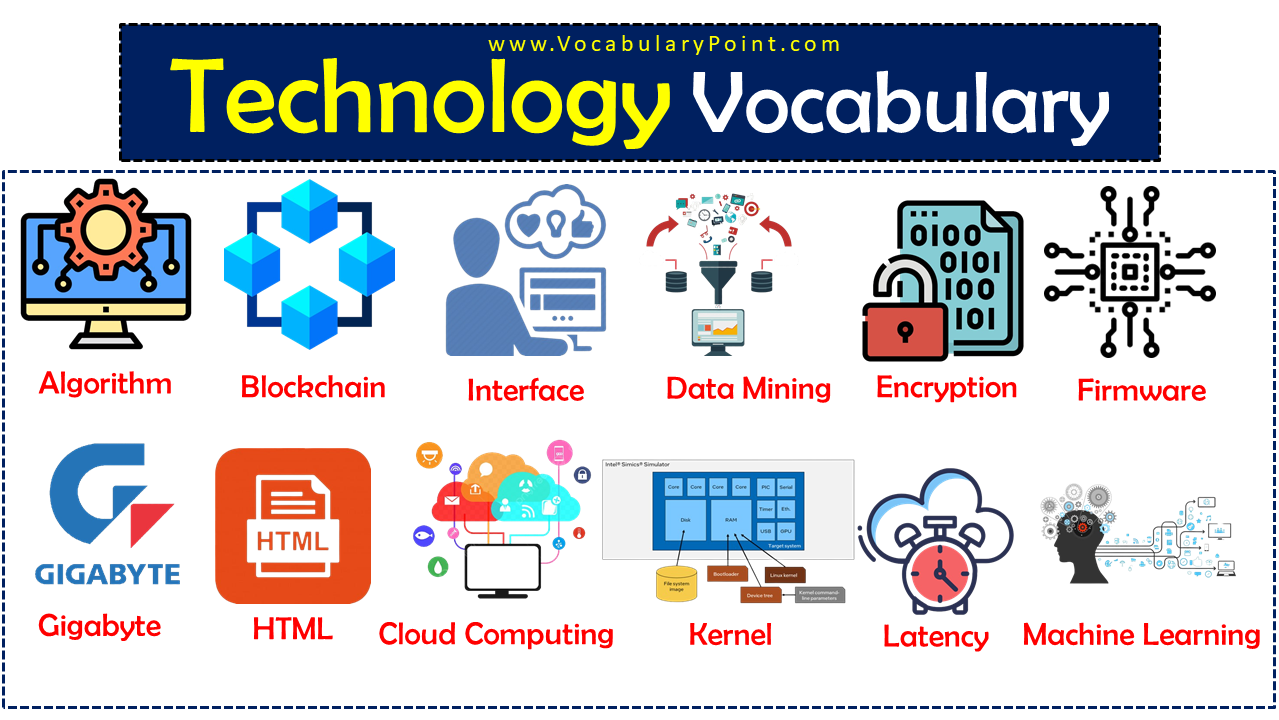Technology Vocabulary is everywhere, helping us to do things faster and easier, like chatting with friends across the world or finding information in seconds. Understanding technology words can make you smarter about how things work in the digital world. So, whether you are just starting to learn English or looking to add some cool tech words to your vocabulary, this post is perfect for you. Let’s jump into the world of technology vocabulary and learn some new words together!
Technology Vocabulary
Algorithm
Algorithms are step-by-step procedures or formulas for solving problems. In computing, they are used to process data and automate tasks, ensuring efficient and error-free outcomes.
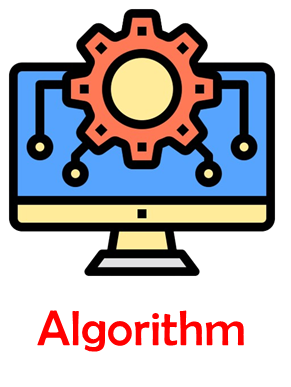
Blockchain
Blockchain is a system of recording information that makes it difficult or impossible to change, cheat, or hack the system. It is a digital ledger of transactions distributed across the entire network of computer systems on the blockchain.

Cloud Computing
Cloud computing involves delivering different services through the Internet, including data storage, servers, databases, networking, and software. It allows for flexible resources, rapid innovation, and economies of scale.

Data Mining
Data mining is the process of discovering patterns and extracting information from large data sets using machine learning, statistics, and database systems. It helps in making informed decisions by analyzing hidden patterns and connections.
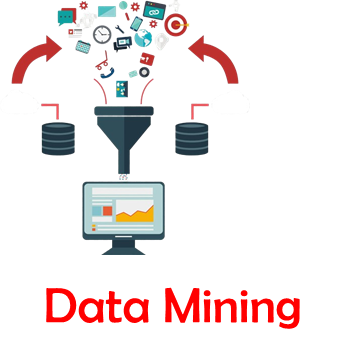
Encryption
Encryption is the method by which information is converted into secret code that hides the information’s true meaning. It is used to protect data transmitted in various IT environments, keeping information secure from unauthorized access.
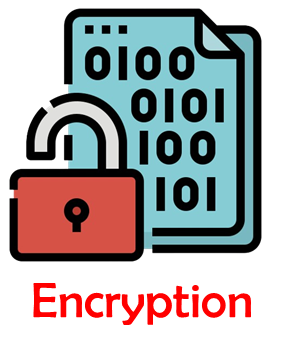
Firmware
Firmware is a specific type of software that provides low-level control for a device’s specific hardware. It can be found embedded in the systems of computers, cameras, and mobile phones, providing essential instructions for how the device communicates with other hardware.
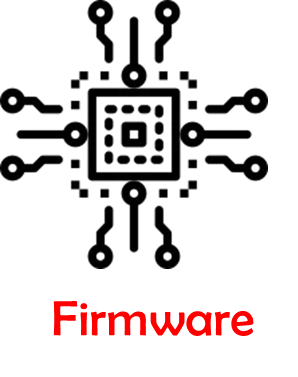
Gigabyte
A gigabyte is a unit of storage capacity that is commonly used for measuring the amount of data in computer storage and memory. It represents approximately 1 billion bytes, although in computer science it often represents 2^30 (1,073,741,824) bytes.
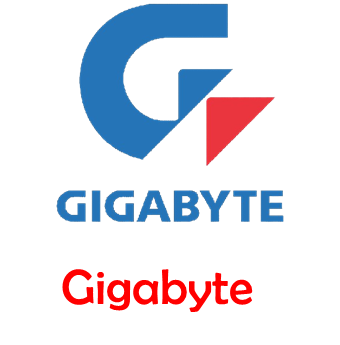
HTML
HTML (Hypertext Markup Language) is the standard markup language used to create web pages. It tells the web browser how to display a web page’s words and images for the user.

Interface
An interface is a shared boundary across which information is exchanged between two separate components of a computer system. It can refer to software, hardware, or the user interface that allows interaction with the computer.
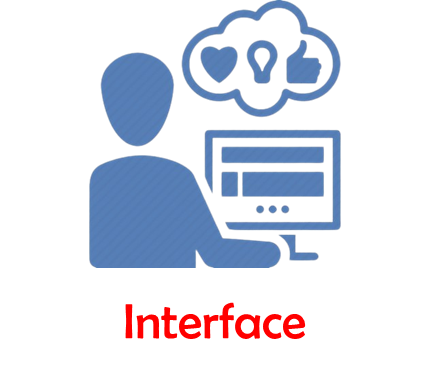
JavaScript
JavaScript is a dynamic programming language that is commonly used to create interactive effects within web browsers. It is an essential part of web applications, allowing for user interaction and dynamic content.
Kernel
The kernel is the core component of most computer operating systems; it manages the system’s resources and the communication between hardware and software components.
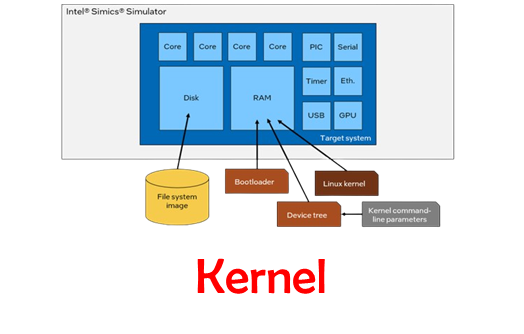
Latency
Latency refers to the delay before a transfer of data begins following an instruction for its transfer. In networking, it is measured as the total time it takes for a data packet to travel from one designated point to another.
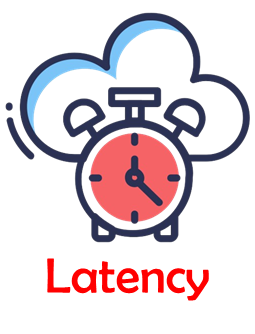
Machine Learning
Machine learning is a type of artificial intelligence that allows software applications to become more accurate at predicting outcomes without being explicitly programmed to do so. It focuses on the development of computer programs that can access data and learn for themselves.

Neural Network
A neural network is a series of algorithms that endeavors to recognize underlying relationships in a set of data through a process that mimics the way the human brain operates. It is an adaptive system that learns from its errors and successes.
Quantum Computing
Quantum computing is a type of computing that takes advantage of quantum phenomena like superposition and quantum entanglement. This revolutionary approach to computation increases processing power exponentially, potentially solving complex problems much faster than classical computers.
Router
A router is a device that forwards data packets between computer networks, creating an overlay internetwork. It is crucial for determining the best path across a complex network of paths that data must travel.
Software
Software refers to the programs and operating systems used by computers to perform tasks. Software can be application software for specific tasks or system software like Windows or iOS, which manage the hardware and software resources.
TCP/IP
TCP/IP (Transmission Control Protocol/Internet Protocol) is the basic communication language or protocol of the Internet. It can also be used as a communications protocol in a private network either an intranet or an extranet.
User Interface
The user interface, or UI, is the space where interactions between humans and machines occur. The goal of this interaction is effective operation and control of the machine from the human end, whilst the machine simultaneously provides feedback that aids the operators’ decision-making process.
Virtual Reality
Virtual Reality (VR) is a simulated experience that can be similar to or completely different from the real world. Applications of VR can include entertainment (e.g., video games) and educational purposes (e.g., medical or military training).
Webinar
A webinar is a live, web-based video conference that uses the internet to connect the individual hosting the webinar to an audience—the viewers and listeners of the webinar from all over the world.
XML
XML (eXtensible Markup Language) is a flexible text format used extensively to facilitate the sharing of data across different information systems, particularly via the Internet.
Yottabyte
A yottabyte is a unit of data storage that equates to one septillion bytes or, more precisely, 2^80 bytes. The size is almost unfathomable and not yet common in practical data management.
Zettabyte
A zettabyte is a digital storage unit equaling around a billion terabytes, or 10^21 bytes, offering a perspective on the immense scale of capacity needed to handle global data traffic today.
API
An API (Application Programming Interface) allows software applications to interact with each other. It defines methods and data structures that programmers can use when developing software, making it easier to develop programs and allowing different software to work together.
Bandwidth
Bandwidth is the maximum rate at which data can be transferred across a network. It is a crucial factor in determining how fast data travels from one point to another, impacting everything from streaming quality to download speeds.
Cybersecurity
Cybersecurity involves protecting systems, networks, and programs from digital attacks. These attacks are usually aimed at accessing, changing, or destroying sensitive information; extorting money from users; or interrupting normal business processes.
Domain
In computing, a domain is an area of control or a sphere of knowledge identified by a name. On the Internet, domains define administrative autonomy, authority, or control within the Internet, structured in subordinate levels of the DNS.
Explore:
Communication and Technology Vocabulary
- Codec: Compression-decompression.
- DSL: High-speed connection.
- Hotspot: Public Wi-Fi.
- Intranet: Private network.
- Latency: Communication delay.
- Modem: Signal translator.
- NFC: Near-field communication.
- Packet: Data unit.
- Ping: Network responsiveness.
- Router: Data distributor.
- Satellite: Orbital communicator.
- SSID: Network identifier.
- Telecommunication: Distant communication.
- VoIP: Internet telephony.
- WLAN: Wireless local network.
IELTS Technology Vocabulary
- Automation: Machines performing tasks.
- Blockchain: Secure data sharing.
- Artificial Intelligence (AI): Machines mimicking human intelligence.
- Cloud Computing: Internet-based data storage.
- Big Data: Large data sets analysis.
- Virtual Reality (VR): Simulated digital environments.
- Augmented Reality (AR): Enhanced real-world overlays.
- Internet of Things (IoT): Connected everyday devices.
- Machine Learning: Algorithms learning from data.
- Cryptocurrency: Digital currency system.
List of Words Related to Technology
- Semiconductor: Material that controls electrical current.
- Peripheral: External device connected to a computer.
- Malware: Software designed to harm or exploit.
- Phishing: Fraudulent attempt to obtain sensitive information.
- Quantum Computing: Advanced computing using quantum mechanics.
- Router: Device that forwards data packets.
- Streaming: Transmitting or receiving data over a network.
- User Experience (UX): Overall experience of a person using a product.
- Virtualization: Creating a virtual version of something, like hardware or software.
- Widget: A small application with limited functionality.
Words Related to Science and Technology
- Astrophysics: Study of properties of celestial bodies.
- Biometrics: Measurement and statistical analysis of people’s physical and behavioral characteristics.
- Cryogenics: Science of low temperatures.
- Dendrochronology: Dating based on tree ring patterns.
- Epidemiology: Study of disease distribution and control.
- Fermentation: Biochemical process converting sugars to acids, gases, or alcohol.
- Genomics: Study of genomes.
- Hydroponics: Growing plants without soil.
- Immunology: Study of immune systems.
- Joule: Unit of energy.
